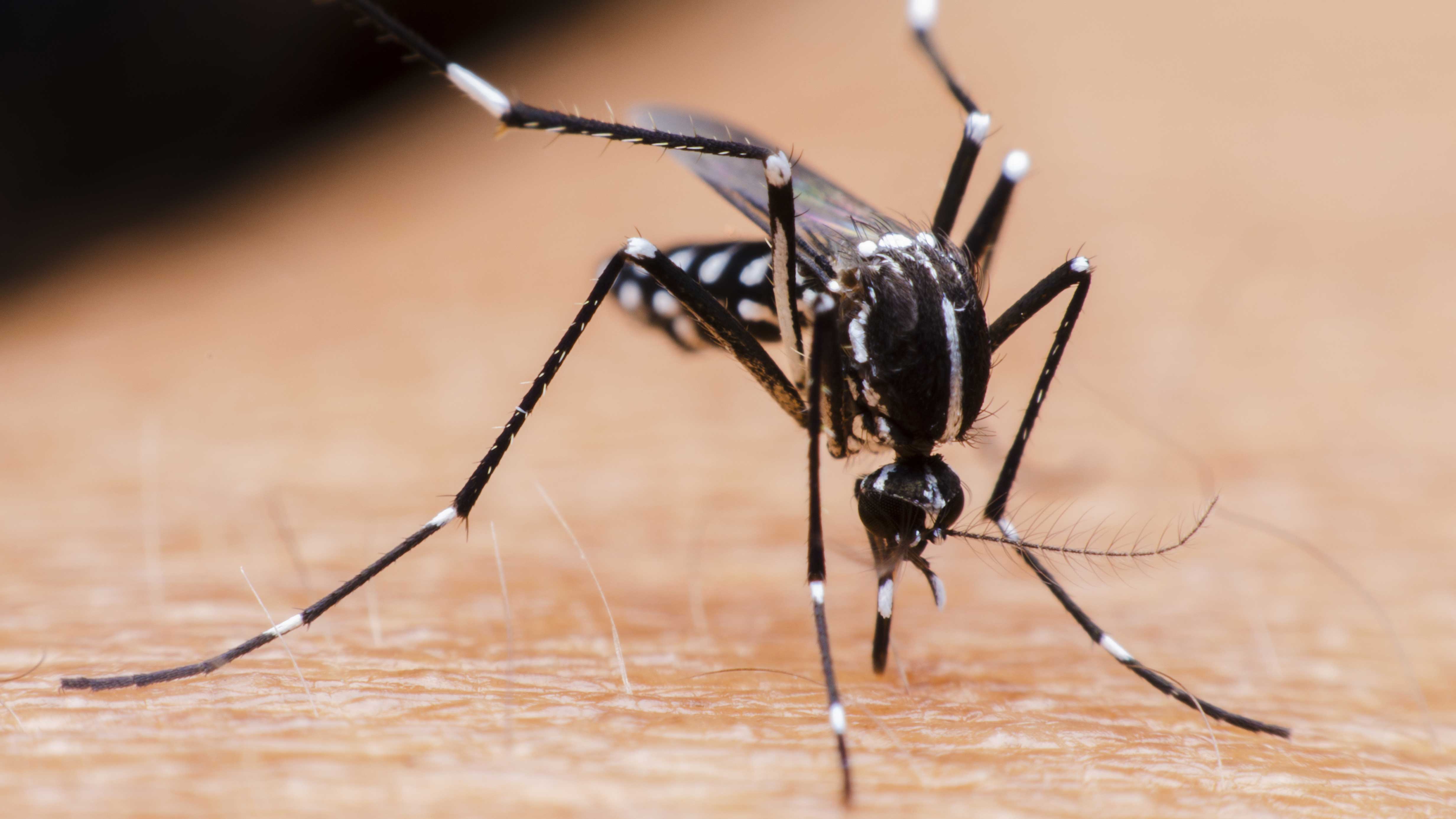
Mosquitoes are a nuisance because of their buzzing and biting, but they are also the most deadly animals for humans, due to the transmission of different viruses and parasites.
Some species of these flying killing machines feed exclusively on humans, but to be such a successful feeder, they must have evolved precise targeting mechanisms to distinguish between human and animal scents. Now researchers are finally figuring out how they do it.
A new study published in Nature could answer the question: What do mosquitoes detect and how do they detect it?
The team created genetically modified Aedes aegypti mosquitoes, vectors of Zika virus, dengue virus, yellow fever virus, and chikungunya virus, using CRISPR-Cas9. These transgenic insects had brains that lit up when active, allowing scientists to image the brains in high resolution. The researchers then fed human- and animal-scented air to the mosquitoes through a wind tunnel to determine what attracted the insect's attention.
Human odour is made up of many different compounds, and these same compounds are also present in most mammalian odours, but in different proportions. Previous research has found that the compounds alone are not attractive to mosquitoes, so determining the exact ratios of the attractive compounds is a challenge.
The team used the scent of 16 humans, two rats, two guinea pigs, two quail, one sheep and four dogs to stimulate the mosquito's appetite. The way they collected these samples was quite interesting. For the sheep, they had a farm donate several fleeces, and for the dogs, they visited a grooming salon and collected clipped dog hair.
For the human samples, they had a lot of great volunteers according to study author Jessica Zung. They asked them not to bathe for a few days, and then they undressed and lay down in a Teflon bag.
Once they recovered all of these odours, they designed a clever system to inject the genetically modified mosquitoes with odours into the imaging setup area.
The mosquito brain has 60 nerve centres called glomeruli, and the team originally hypothesized that most of these centres would be involved in helping the mosquito find its next meal and distinguish human from animal scents, but it turned out to be all that contrary.
"When I first saw the brain activity, I couldn't believe it, only two glomeruli were involved," said Zhilei Zhao, a member of the research team. "That contradicted everything we expected, so I repeated the experiment several times, with more humans, and more animals. I just couldn't believe it. It's so simple," Zhao added.
Through experiments, it was determined that mosquitoes detect two chemicals (decanal and undecanal), which are enriched by human odour and likely originate from unique human skin lipids rather than sweat.
Overall, this collaborative research can help the development of new repellents, allowing us all to enjoy the nice outside air without the fear of these nasty bugs stealing our blood.
But in the meantime, there is, however, a natural remedy that can keep insects at bay in our home. A basil plant on our window sill will drive away mosquitoes.